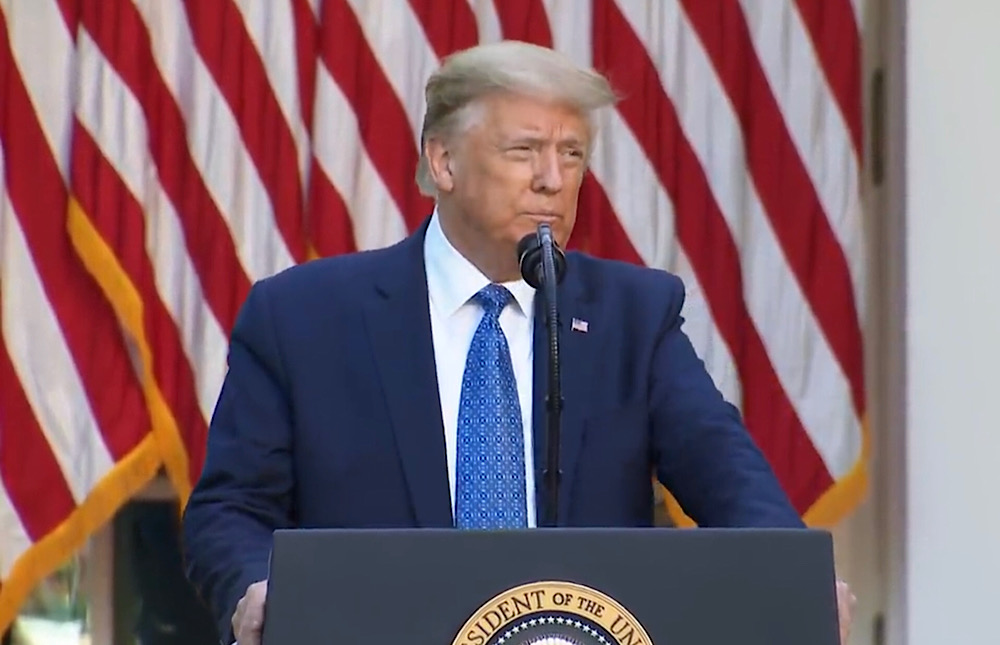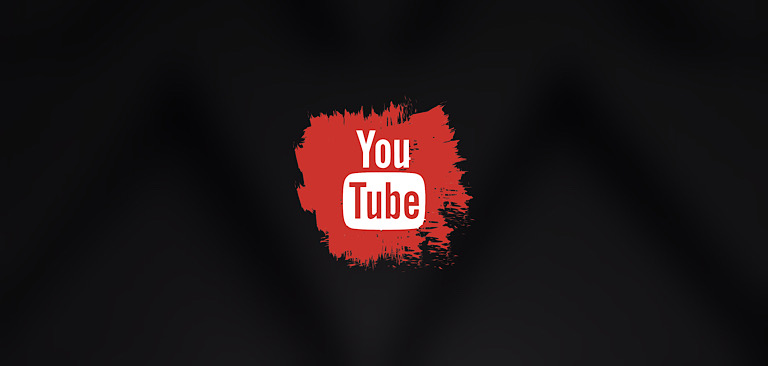In a lawsuit alleging that YouTube discriminates against LGBTQ creators by suppressing their content, attorney Peter Obstler, who represents some of the creators, is arguing that Section 230 of the Communications Decency Act (CDA) is unconstitutional and is asking the court to address President Trump’s recent Executive Order on Online Censorship.
(?) Section 230 is a piece of legislation that shields online service providers such as YouTube from legal liability for most user generated content that is posted to their platforms and also allows them to remove or edit “obscene” or “objectionable” content without legal liability so long as it is removed in “good faith.”
On May 28, Trump signed an executive order that suggests some online service providers are not acting in good faith when removing content and seeks to clarify the scope of the immunity from legal liability that online service providers receive under Section 230.
In this case, Divino Group LLC v. Google LLC, 19-cv-04749, U.S. District Court, Northern District of California (San Jose)., which began last year, YouTube has denied that it discriminates against the LGBTQ creators and is claiming immunity from the suit under Section 230.
But Obstler is arguing that YouTube shouldn’t be protected under Section 230 because it’s unconstitutional and allows YouTube to violate the free speech rights of these LGBTQ creators.
This prompted the US Justice Department to weigh in on the case in May by defending Section 230 and urging a federal judge not to declare the law unconstitutional.
The Justice Department asked for the case to be dismissed three weeks before Trump signed the online censorship executive order and argued that Section 230 doesn’t limit the content YouTube creators can upload and that YouTube isn’t preventing creators from uploading.

But in a Monday filing, Obstler asked the court to address Trump’s executive order because it directs the Justice Department to “act in a manner that is substantially different from the arguments advanced” in this case.
He also claims that the executive order matches the arguments of the plaintiffs who say that YouTube removed their content in bad faith.
Indraneel Sur, a Justice Department attorney, noted that Trump’s executive order states that it isn’t “enforceable” and argued that all of the executive order’s points are about “policy” and don’t cover questions of “constitutionality.”
At a Tuesday hearing, a judge said she will issue a ruling on whether the case should proceed in the coming weeks.
The case is the latest of several examples that highlights the legal complexities involved with implementing Trump’s executive order.
Courts have previously ruled that YouTube’s decision to restrict PragerU’s uploads is not subject to judicial scrutiny under the First Amendment and dismissed a lawsuit from congressional candidate Laura Loomer that argued the social media companies had violated her First Amendment rights by banning her.
And in addition to the Justice Department defending Section 230 in this case, the Trump administration has also previously invoked Section 230’s legal liability protections in trade deals, seemingly with the goal of protecting US tech companies’ business abroad from lawsuits.








